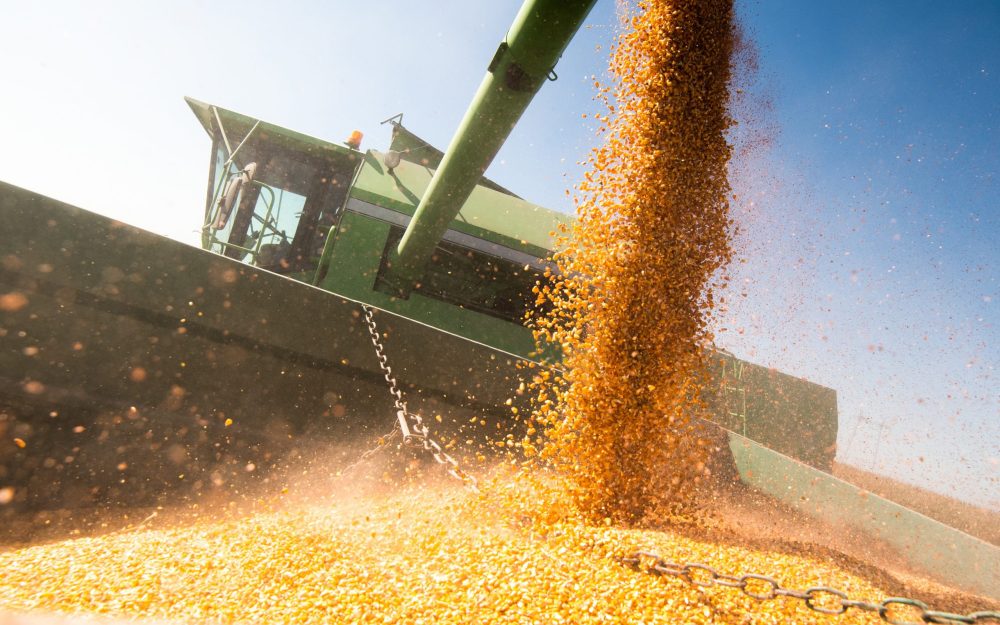Crop Production Show 2025: Oat beers having a moment

Glacier FarmMedia — There’s huge growth potential for oats as a craft beer ingredient in Canada right now, craft brewer Mark Heise said at Crop Week 2025.
“Across Canada, there’s about 1,200 breweries. I can guarantee you, just about all of them are using oats to some degree,” he said today at the SaskOats annual general meeting in Saskatoon.
Heise, who is president and chief executive officer of Regina’s Rebellion Brewery, estimates his operation uses about 100 pounds of oats per batch of beer, and uses oats in about half of its beers.
Read Also


IGC trims global corn forecast
The International Grains Council (IGC) on Thursday cut its forecast for 2024/25 global corn production, largely reflecting a downward revision for the United States.
“An individual brewer isn’t probably using a whole bunch of oats, but as an industry, it ends up being a significant amount.”
Although oats have been used as an ingredient in beer for centuries, for both health and trade reasons, Heise says this most recent surge in use in Canada has happened alongside the growth of the craft beer industry, which began in the 1980s.
One of the most popular types of craft beers in North America is the India Pale Ale, (IPA), which features hoppy flavours and intense aromas.
One style of IPA beer, hazy IPAs, is custom made for oats, Heise said.
“Hops can be a little aggressive and bitter, so the oats really help smooth that out. It creates this textured mouth-feel creaminess,” he said, adding the oats add the desired haziness.
“There’s this ‘haze craze’ going on in craft beer. That’s why the oats are really taking off. Every single one of us (brewers) is using a ton more oats than we ever have before.”
Oats are also commonly used in stouts to add flavour and texture.
And in recent years, brewers have begun to discover additional benefits of using oats in beer, in terms of both brewing and marketing, Heise said.
“It actually improves fermentation and yeast health, and that’s really critical to get a nice, clean tasting beer,” he said, adding that using oats can also help improve shelf stability.
“I think it’s phenomenal — the marketing around oats as being healthy is not a bunch of BS.”
Unfortunately, he said his brewery’s oat use isn’t likely to have much of an impact on Saskatchewan oat producers’ overall profitability, despite the fact he’s happy to pay a premium for locally produced ingredients.
“I don’t think much of that ends up in your pockets. We are a very, very tiny part of the oat market, but we’re doing our part to try to boost those prices up.”
Source: Farmtario.com

